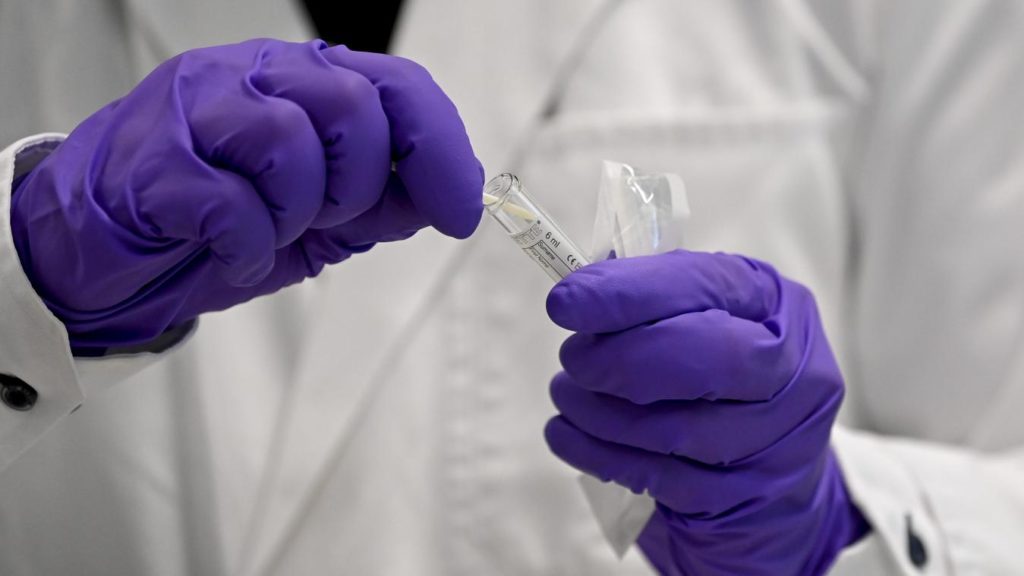The vaccine that the pharmaceutical company AstraZeneca and scientists at Oxford University are developing against Covid-19 is safe and leads to a strong immune system response, according to preliminary results.
The vaccine, which was named AZD1222, did not cause any serious side effects in the first tests on 1,077 healthy adults between 18 and 55, with no history of Covid-19. Additionally, the vaccine activated the immune system, according to preliminary results published on Monday in medical journal The Lancet.
The early-stage trial finds that the vaccine is safe, causes few side effects, and induces strong immune responses in both parts of the immune system.
Specifically, the vaccine teaches the immune system to recognize the coronavirus. This is done in two ways: via T-cells and via antibodies. The researchers report that within two weeks after vaccination, the body's so-called T cells can detect the coronavirus and attack infected cells. Within 28 days after vaccination, the subjects also produced antibodies that can detect and control the virus in the blood and lymphatic system.
"We hope this means the immune system will remember the virus, so that our vaccine will protect people for an extended period," said Professor Andrew Pollard, University of Oxford, lead author of the study.
"However, we need more research before we can confirm the vaccine effectively protects against SARS-CoV-2 infection, and for how long any protection lasts," he added.
Related News
- Belgium warns of soaring infections between family members
- New drug could mean breakthrough in coronavirus treatment
- Coronavirus: Where are the hot-spots?
“There is still much work to be done before we can confirm if our vaccine will help manage the Covid-19 pandemic, but these early results hold promise," said Professor at the University of Oxford Sarah Gilbert, co-author of the study.
"As well as continuing to test our vaccine in phase 3 trials, we need to learn more about the virus – for example, we still do not know how strong an immune response we need to provoke to effectively protect against SARS-CoV-2 infection. If our vaccine is effective, it is a promising option as these types of vaccine can be manufactured at large scale," she added.
The promising vaccines needs to be tested extensively, also tested on humans. This is done in three phases. First, researchers test what the right dose is and whether there are any side effects. Then the tests are expanded, and the results are compared with control groups. After the third phase, supervisors have to decide whether a drug is approved.
The AZD1222 trials are now in phase 3, but The Lancet published the results of phase 1.
"A successful vaccine against SARS-CoV-2 could be used to prevent infection, disease and death in the whole population, with high-risk populations such as hospital workers and older adults prioritised to receive vaccination," said Gilbert.
Maïthé Chini
The Brussels Times

